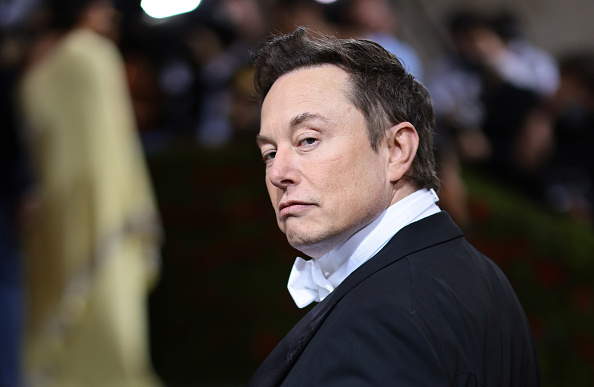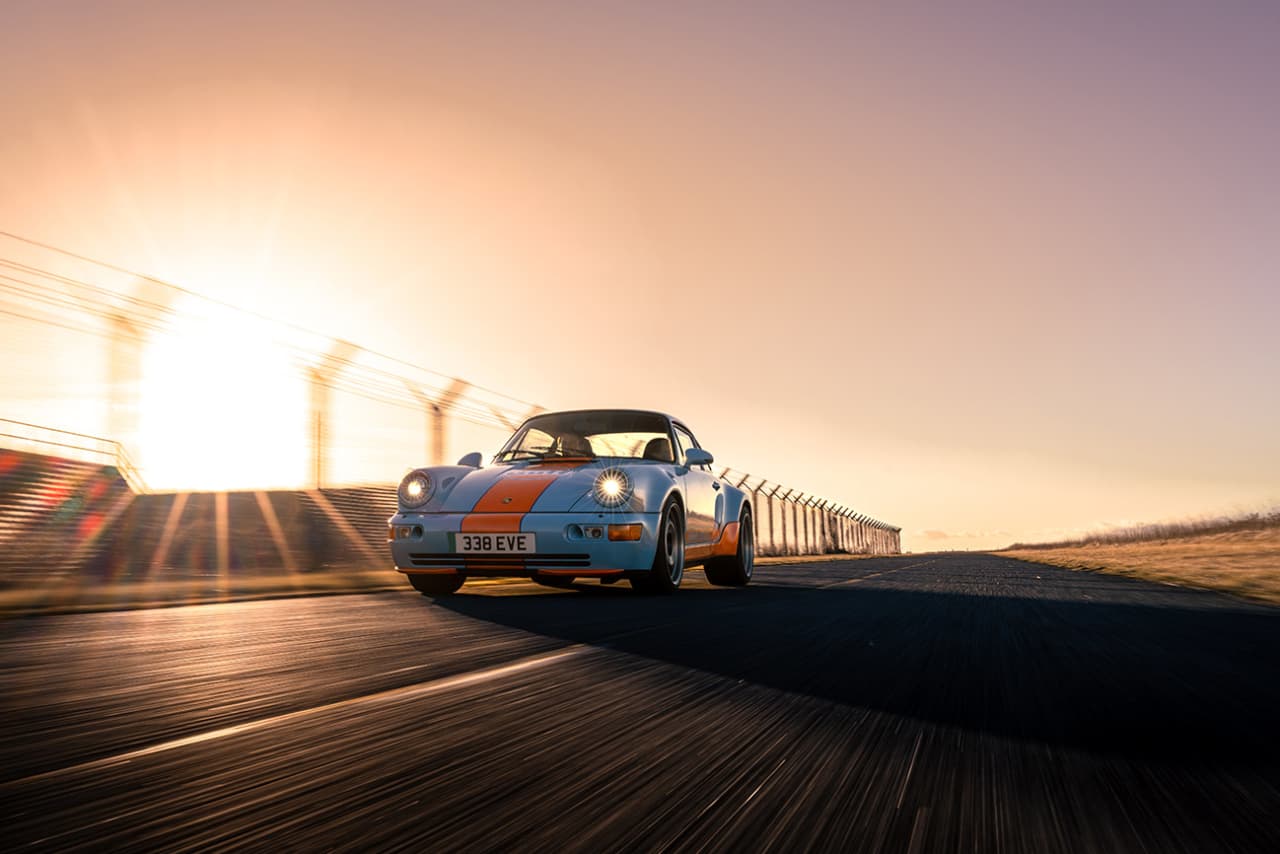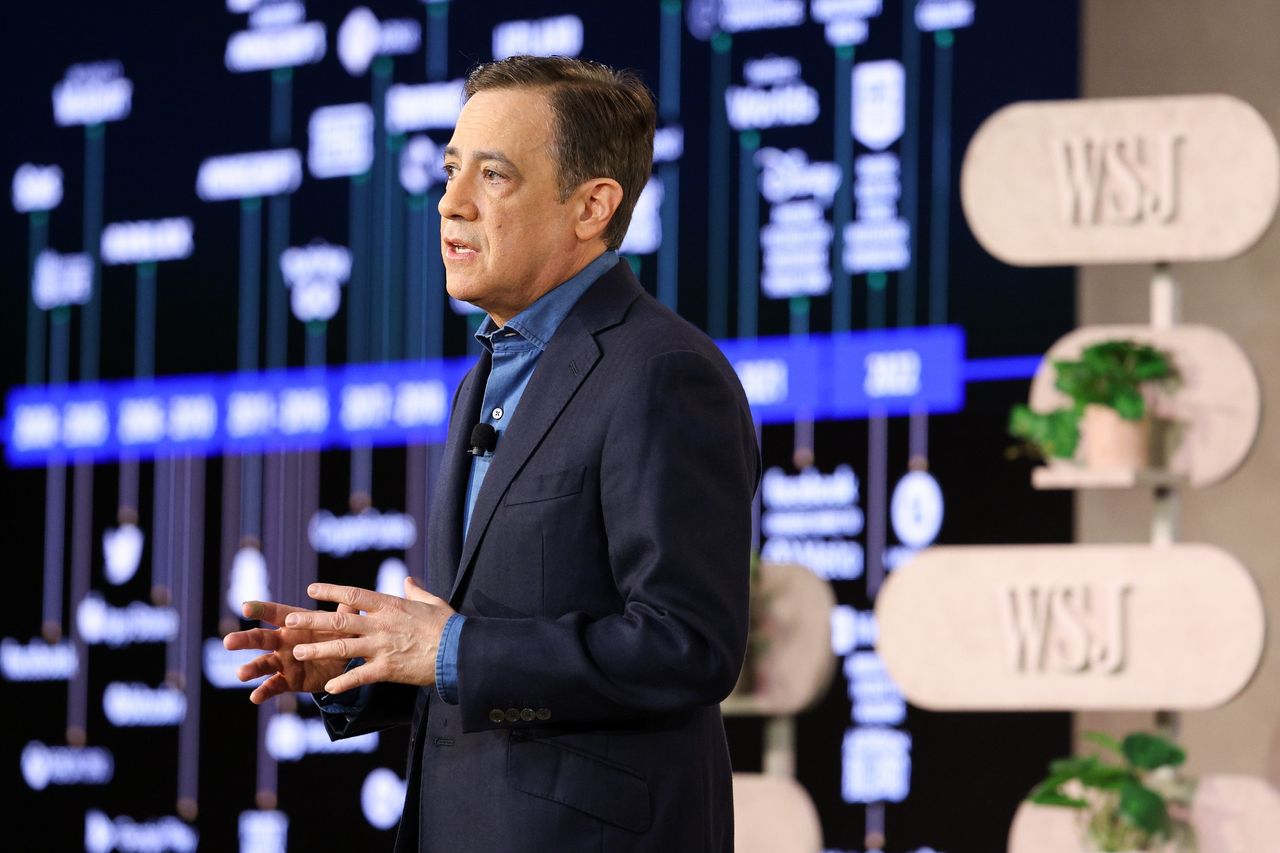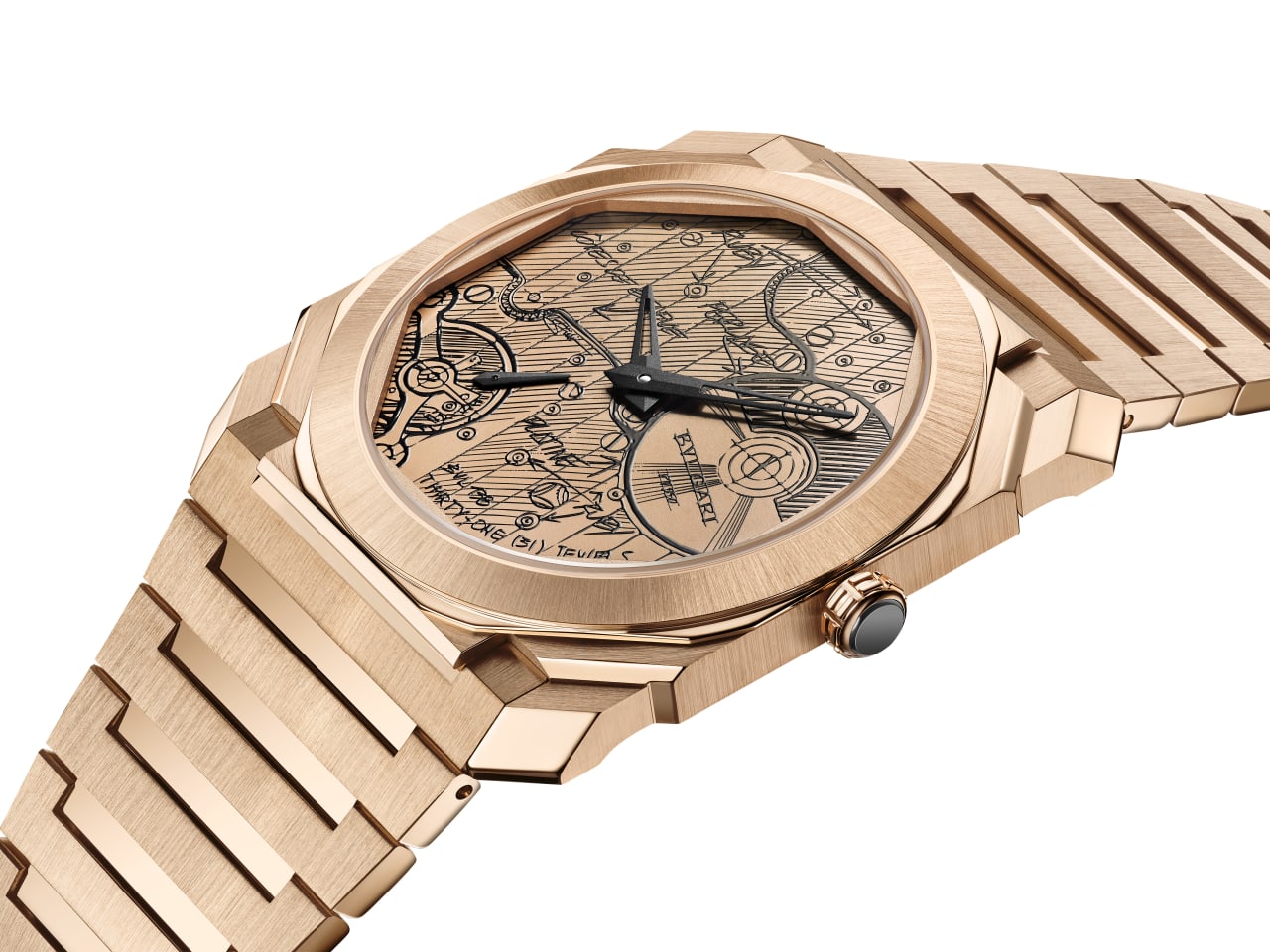The Group Rooting for an Elon Musk-Twitter Trial: Charles Dickens Fans
The litigation has been playing out in a type of court that Dickens made a villain in ‘Bleak House’; ‘I wasn’t aware of there being one in America, I must say’
What in the Dickens is happening in Twitter, Inc. v. Musk, et al.?
If the parties in one of the country’s most closely watched legal dramas fail to reach an agreement, a trial will follow in November—a prospect that is particularly fascinating to a very remote group: fans of Charles Dickens.
The fight over Elon Musk’s disputed deal to buy Twitter has been playing out in Delaware’s Court of Chancery, a judicial arm that every Dickens fanatic knows as the villain in the British author’s 1,036-page saga “Bleak House.” In the 1852 novel, an inheritance fight is so prolonged in a slow, expensive and corrupt chancery court that the only ones who win are the lawyers.
“Keep out of Chancery,” Dickens writes. “It’s being ground to bits in a slow mill; it’s being roasted at a slow fire; it’s being stung to death by single bees; it’s being drowned by drops; it’s going mad by grains.”
After months of negotiations and litigation between the world’s richest man and the social-media company he sought to buy in April, Mr. Musk said in a Thursday court filing that he was working to finance a deal and asked to delay the trial scheduled to start on Oct. 17. Though Twitter opposed his motion, citing the defendants’ “refusal to accept their contractual obligations,” the judge granted a stay of the trial, allowing both parties until Oct. 28 to complete a deal.
Mr. Musk may indeed keep out of chancery, if his recent move to reinstate his $44 billion offer to purchase Twitter succeeds. Today, chancery courts are largely used to settle disputes over contracts, trusts, estates and other noncriminal matters.
The latest twist in the Twitter-Musk case feels to some Dickens enthusiasts like one of the author’s classic cliffhangers.
“This is absolutely typical of a Dickensian plot,” said Mark Charles Dickens, great-great grandson of Charles Dickens, family genealogist and former board chair at the Charles Dickens Museum in London. “Everyone hopes that this is edging closer to resolution, but that can often be a false dawn.”
Some admirers of the Victorian novelist are quietly rooting against an out-of-court settlement. They are yearning for the nostalgic literary charms of an actual chancery-court saga. It barely matters to them that Delaware’s modern chamber, which has already acted swiftly in the Twitter-Musk case, has little in common with the “Bleak House” chancery court beyond the name.
The legal fight is a boon for the bookish on social media. “This is the Court of Chancery: Suffer any wrong that can be done you rather than come here!” Carleton College President Alison Byerly tweeted after reading about the case, citing lines from that novel’s first chapter.
“It struck me as funny that this avatar of modern technology was being linked with this very old-fashioned notion of the British legal system,” Ms. Byerly said later. “Elon Musk very much positions himself as being about the leading edge of the future, and to see this reaching back into the past, it was so completely incongruous.”
Delaware’s Court of Chancery declined to comment. Twitter and Mr. Musk didn’t respond to requests for comment.
Most chancery courts disappeared in England and the U.S. by the late 19th-century, their duties merging into the broader legal system. But a handful of U.S. states never got around to dissolving these courts. As a flood of businesses began incorporating in Delaware in the early 1900s, the state needed a judicial system to resolve corporate disputes and chose its chancery court to handle the workload. Hence, the Twitter-Musk litigation, playing out against the backdrop of the chancery court in 2022.
“I wasn’t aware of there being one in America, I must say,” Mr. Dickens, the great-great grandson, said of the Delaware chancery. “It would be disappointing if it is settled out of court and we are denied witnessing a little history being made.”
While Delaware’s court of chancery still handles issues such as guardianships, it is best known for what legal experts call speed and acumen in rulings relating to business equity. In the 1950s, one of the court’s pro-integration rulings became part of the larger Brown v. Board of Education decision outlawing segregation in public schools.
For a literary audience, Twitter v. Musk sounds too Dickensian to resist.
“There is a person whose name is a scent fighting a company whose name reminds one of birds—Dickens would just love that,” said Stephen Gillers, law professor emeritus at New York University.
Dominic Gerrard has read “Bleak House” twice, watched the 15-part BBC miniseries and listened to the 43-hour audiobook. The host of the podcast “Charles Dickens: A Brain on Fire” couldn’t help making a Dickens connection to the trial.
“The term ‘chancery’ makes me think of lives being ruined and wasted,” he said. “It’s pure delusion and an addiction.” Mr. Gerrard sees the author’s dim view of the chancery court in the bird names chosen by Miss Flite in “Bleak House.” “The little crazy old lady,” in the book’s words, gives many of her caged birds dreary names such as “Waste,” “Madness” and “Ruin.”
As a young man, Dickens worked briefly as a law clerk and then as a chancery-court reporter. He dealt with the chancery court in real life as well, when he filed a copyright suit involving an imitation of his newly released “A Christmas Carol.” Dickens won the case, but lost money after court costs.
In his books, Dickens reliably lampoons the lawyers. Mr. Vholes in “Bleak House” conjures an image of an actual vole, a small rodent. In “The Pickwick Papers,” the unethical lawyer Mr. Fogg is described as “an elderly, pimply-faced, vegetable-diet sort of man.” Sampson Brass in “The Old Curiosity Shop” is “an attorney of no very good repute” with a “cringing manner, but a very harsh voice.”
The legal system itself is under fire. Mr. Bumble puts it bluntly in “Oliver Twist.” “The law,” he says, “is an ass.”
 Copyright 2020, Dow Jones & Company, Inc. All Rights Reserved Worldwide. LEARN MORE
Copyright 2020, Dow Jones & Company, Inc. All Rights Reserved Worldwide. LEARN MORE
This stylish family home combines a classic palette and finishes with a flexible floorplan
Just 55 minutes from Sydney, make this your creative getaway located in the majestic Hawkesbury region.
The latest trend in wellness travel is somewhere between a spa trip and a doctor’s appointment
For some vacationers, the ideal getaway involves $1,200 ozone therapy or an $1,800 early-detection cancer test.
Call it the longevity vacation. People who are fixated on optimising their personal health are pursuing travel activities that they hope will help them stay healthier for longer. It is part of a broader interest in longevity that often extends beyond traditional medicine . These costly trips and treatments are rising in popularity as money pours into the global wellness travel market.
At high-end resorts, guests can now find biological age testing, poolside vitamin IV drips, and stem-cell therapy. Prices can range from hundreds of dollars for shots and drips to tens of thousands for more invasive procedures, which go well beyond standard wellness offerings like yoga, massages or facials.
Some longevity-inspired trips focus on treatments, while others focus more on social and lifestyle changes. This includes programs that promise to teach travellers the secrets of centenarians .
Mark Blaskovich, 66 years old, spent $4,500 on a five-night trip last year centred on lessons from the world’s “Blue Zones,” places including Sardinia, Italy, and Okinawa, Japan, where a high number of people live for at least 100 years. Blaskovich says he wanted to get on a healthier path as he started to feel the effects of ageing.
He chose a retreat at Modern Elder Academy in Mexico, where he attended workshops detailing the power of supportive relationships, embracing a plant-based diet and incorporating natural movement into his daily life.
“I’ve been interested in longevity and trying to figure out how to live longer and live healthier,” says Blaskovich.
Vitamins and ozone
When Christy Menzies noticed nurses behind a curtained-off area at the Four Seasons Resort Maui in Hawaii on a family vacation in 2022, she assumed it might be Covid-19 testing. They were actually injecting guests with vitamin B12.
Menzies, 40, who runs a travel agency, escaped to the longevity clinic between trips to the beach, pool and kids’ club, where she reclined in a leather chair, and received a 30-minute vitamin IV infusion.
“You’re making investments in your wellness, your health, your body,” says Menzies, who adds that she felt more energised afterward.
The resort has been expanding its offerings since opening a longevity centre in 2021. A multi-day treatment package including ozone therapy, stem-cell therapy and a “fountain of youth” infusion, costs $44,000. Roughly half a dozen guests have shelled out for that package since it made its debut last year, according to Pat Makozak, the resort’s senior spa director. Guests can also opt for an early-detection cancer blood test for $1,800.
The ozone therapy, which involves withdrawing blood, dissolving ozone gas into it, and reintroducing it into the body through an IV, is particularly popular, says Makozak. The procedure is typically administered by a registered nurse, takes upward of an hour and costs $1,200.
Longevity vacationers are helping to fuel the global wellness tourism market, which is expected to surpass $1 trillion in 2024, up from $439 billion in 2012, according to the nonprofit Global Wellness Institute. About 13% of U.S. travellers took part in spa or wellness activities while traveling in the past 12 months, according to a 2023 survey from market-research group Phocuswright.
Canyon Ranch, which has multiple wellness resorts across the country, earlier this year introduced a five-night “Longevity Life” program, starting at $6,750, that includes health-span coaching, bone-density scans and longevity-focused sessions on spirituality and nutrition.
The idea is that people will return for an evaluation regularly to monitor progress, says Mark Kovacs, the vice president of health and performance.
What doctors say
Doctors preach caution, noting many of these treatments are unlikely to have been approved by the Food and Drug Administration, producing a placebo effect at best and carrying the potential for harm at worst. Procedures that involve puncturing the skin, such as ozone therapy or an IV drip, risk possible infection, contamination and drug interactions.
“Right now there isn’t a single proven treatment that would prolong the life of someone who’s already healthy,” says Dr. Mark Loafman, a family-medicine doctor in Chicago. “If it sounds too good to be true, it probably is.”
Some studies on certain noninvasive wellness treatments, like saunas or cold plunges , do suggest they may help people feel less stressed, or provide some temporary pain relief or sleep improvement.
Linda True, a policy analyst in San Francisco, spent a day at RAKxa, a wellness retreat on a visit to family in Thailand in February. True, 46, declined the more medical-sounding offerings, like an IV drip, and opted for a traditional style of Thai massage that involved fire and is touted as a “detoxification therapy.”
“People want to spend money on things that they feel might be doing good,” says Dr. Tamsin Lewis, medical adviser at RoseBar Longevity at Six Senses Ibiza, a longevity club that opened last year, whose menu includes offerings such as cryotherapy, infrared sauna and a “Longevity Boost” IV.
RoseBar says there is good evidence that reducing stress contributes to longevity, and Lewis says she doesn’t offer false promises about treatments’ efficacy . Kovacs says Canyon Ranch uses the latest science and personal data to help make evidence-based recommendations.
Jaclyn Sienna India owns a membership-based, ultra luxury travel company that serves people whose net worth exceeds $100 million, many of whom give priority to longevity, she says. She has planned trips for clients to Blue Zones, where there are a large number of centenarians. On one in February, her company arranged a $250,000 weeklong stay for a family of three to Okinawa that included daily meditation, therapeutic massages and cooking classes, she says.
India says keeping up with a longevity-focused lifestyle requires more than one treatment and is cost-prohibitive for most people.
Doctors say travellers may be more likely to glean health benefits from focusing on a common vacation goal : just relaxing.
Dr. Karen Studer, a physician and assistant professor of preventive medicine at Loma Linda University Health says lowering your stress levels is linked to myriad short- and long-term health benefits.
“It may be what you’re getting from these expensive treatments is just a natural effect of going on vacation, decreasing stress, eating better and exercising more.”
Consumers are going to gravitate toward applications powered by the buzzy new technology, analyst Michael Wolf predicts
Just 55 minutes from Sydney, make this your creative getaway located in the majestic Hawkesbury region.























